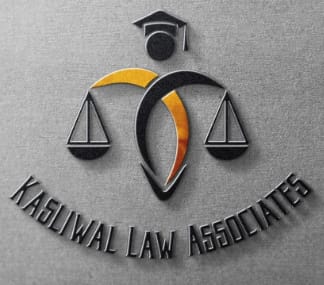1. Legal Framework
Constitutional Provisions: The Indian Constitution guarantees the right to legal representation under Article 22(1), which ensures that every individual has the right to be defended by a legal practitioner of their choice in cases of arrest and detention.
Legal Services Authorities Act, 1987: This act provides for free legal services to the poor and marginalized sections of society. The National Legal Services Authority (NALSA) and State Legal Services Authorities (SLSAs) facilitate this.
2. Types of Representation
Personal Representation: Individuals may represent themselves in court, known as “pro se” representation. However, this is generally not recommended due to the complexity of legal proceedings.
Lawyers: Legal representation is usually provided by qualified lawyers who are enrolled with the Bar Council of India or State Bar Councils. Lawyers represent clients in civil, criminal, and other legal matters.
Public Prosecutors: In criminal cases, the state appoints public prosecutors who represent the government and present the case against the accused.
Legal Aid Counsel: For those who cannot afford legal representation, legal aid counsel is appointed. These lawyers provide services under the Legal Services Authorities Act.
3. Role of the Advocate
Counsel: Advocates provide legal advice, prepare legal documents, and represent clients in court proceedings. They are responsible for arguing the case, presenting evidence, and ensuring the client’s rights are protected.
Ethical Duties: Advocates are bound by professional ethics and codes of conduct as laid down by the Bar Council of India. They must act in their client’s best interests while adhering to legal and ethical standards.
4. Court Procedure
Civil Cases: In civil matters, representation involves filing plaints, written statements, and appearing in court for hearings and trials. The process includes presenting evidence, cross-examining witnesses, and making legal arguments.
Criminal Cases: In criminal cases, representation includes defending or prosecuting the accused, presenting evidence, and arguing points of law. The process also involves ensuring that the accused’s rights are upheld.
5. Legal Aid and Pro Bono Services
Free Legal Aid: Provided to economically weaker sections of society, including those facing legal challenges but unable to afford representation. This is organized through legal aid clinics and panels.
Pro Bono Work: Some lawyers take on cases for free or at reduced rates as part of their commitment to social justice and professional responsibility.
6. Recent Developments
Digitalization: The introduction of e-courts and virtual hearings has modernized the legal representation process, making it more accessible and efficient.
Reforms: Ongoing reforms aim to improve the quality of legal representation, including better training for lawyers and increased focus on legal aid services.
7. Challenges
Access to Justice: Despite reforms, challenges such as high costs, delays in legal proceedings, and limited access to quality legal representation persist.
Awareness: Many individuals are still unaware of their right to legal representation and available legal aid services.
